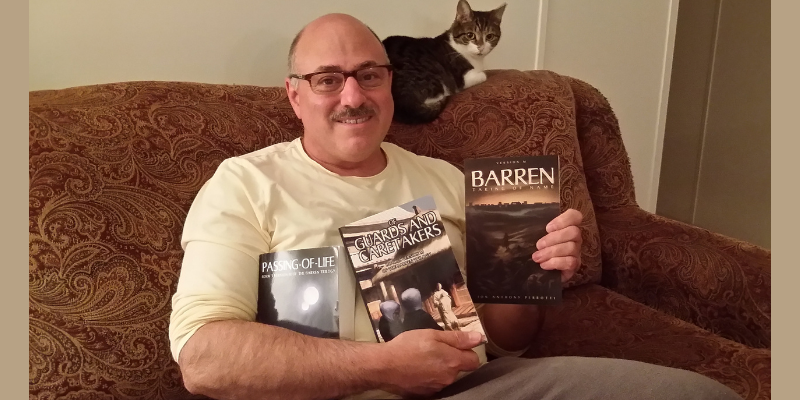Thanks for checking out my website.
You wouldn’t know if you were going to like the work of a musician or painter by reading their self-introduction. You would have to hear the music or see the artwork. Then, if you happen to like the work, you might want to know about the person who created it. With that in mind, I will resist the temptation to tell you about myself as an author, the larger scope and range of my work, etc. For now, what I really want to do is find readers who will connect with my writing. If you are a sensitive reader, one who relates more to the subtleties of internal conflict than battles between good guys and bad guys, you may find yourself drawn into the uedin world. The alternative world of the alien uedin race is not “visited” by humans arriving on spaceships, but rather the story is told completely from their point of view. You, as reader, are invited to think like the uedin.
Stories of outcastes and individuals who don’t “fit in” are often told with a scheme that describes the outcaste as a victim with blame easily placed on an oppressive society. A more nuanced scenario is explored here, where the larger society is enlightened and supportive, but the intrinsically miserable destiny of the protagonist is theirs alone to reckon with.
Finally, the issue of gender becomes a metacognitive journey for the reader of the Barren Trilogy. It is written about a genderless and androgynous race who procreate by parthenogenesis. Because the series is written in the English language, and because the English language has (so far) no genderless pronoun that can be used in text without it being conspicuous and disruptive to the narrative flow, the trilogy is published in two versions: F with feminine pronouns, and M with masculine pronouns. An interesting result of having versions M and F is that the reader gets to read through a lens of their own gender associations. So, for example, reading Version F may strike you a certain way, not because there is anything in the story that bends the characters toward the feminine, but because your own mind does so, depending on how much feminine association you have built into your world view. That’s why I think this series might be of interest to people who think a lot about gender.
Since completing the Barren Trilogy, I have found myself drawn back to the uedin world. Because it has a certain utopian simplicity, it provides a rich background for exploring themes which would be pulled and thrown by the assumptions and judgments of our own “polluted” human world. A series of short stories is forthcoming.


